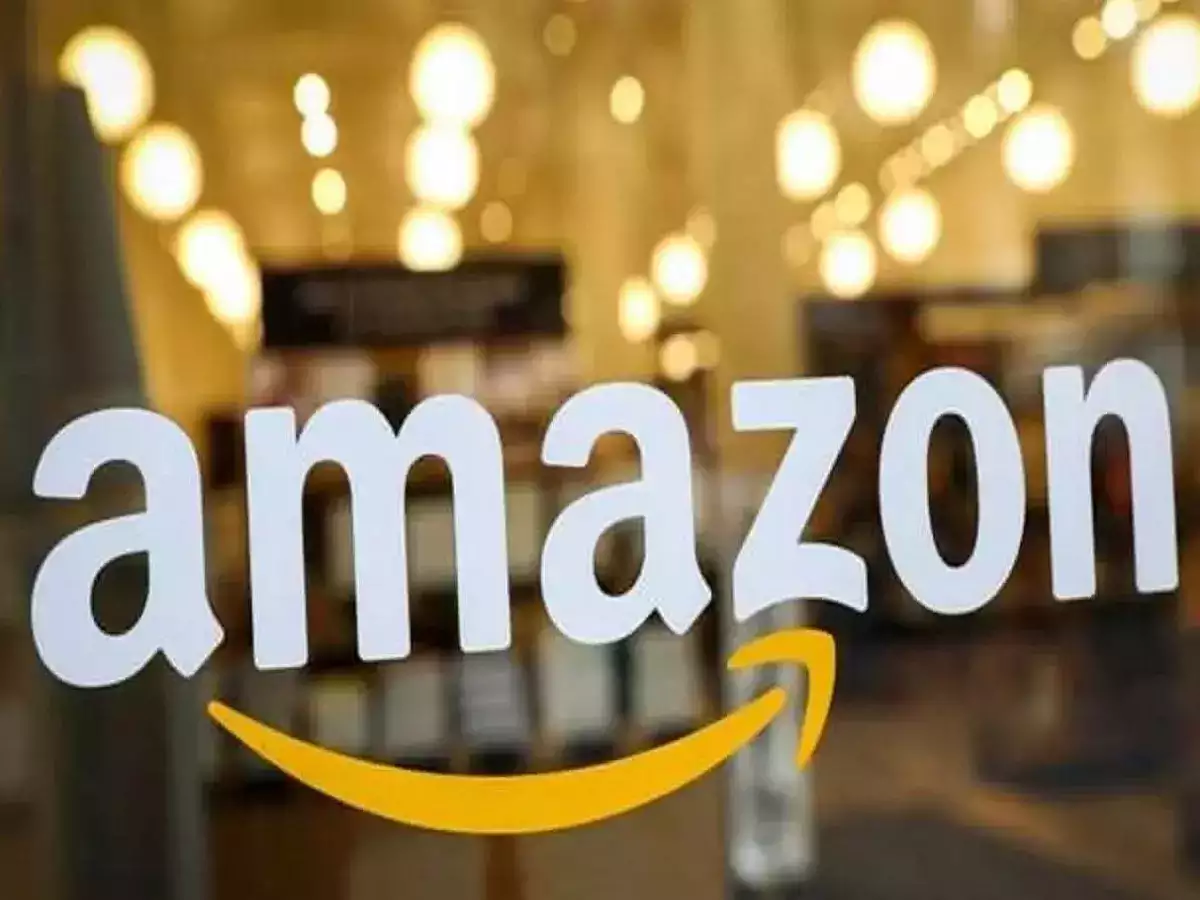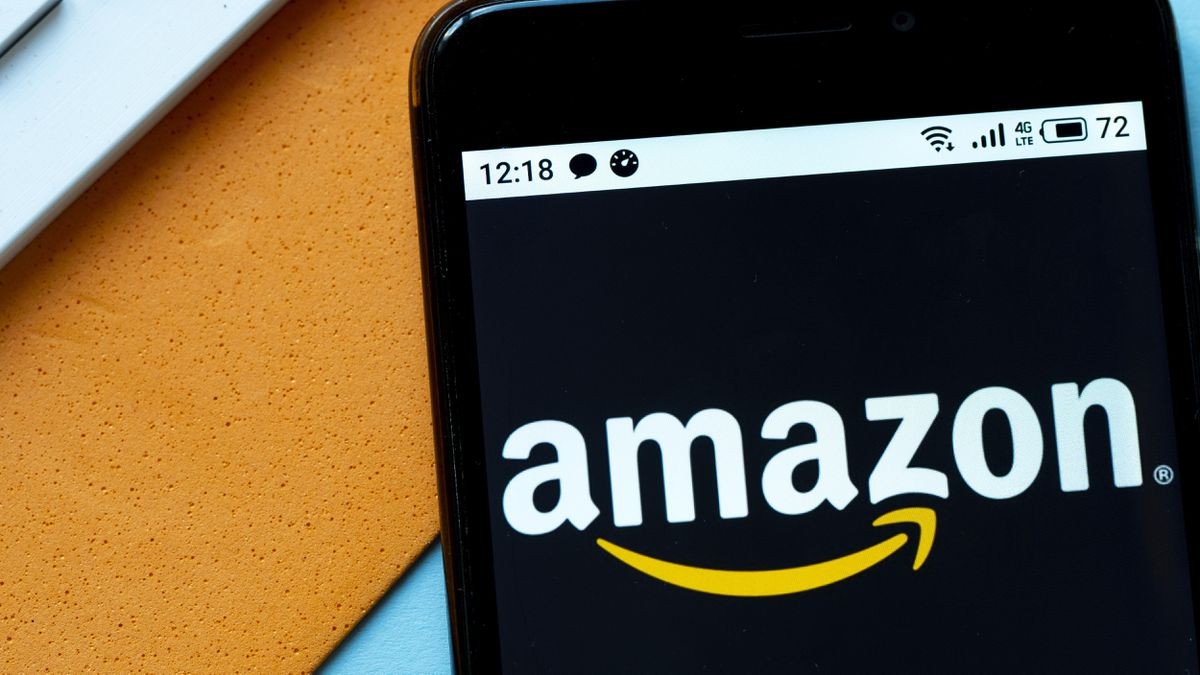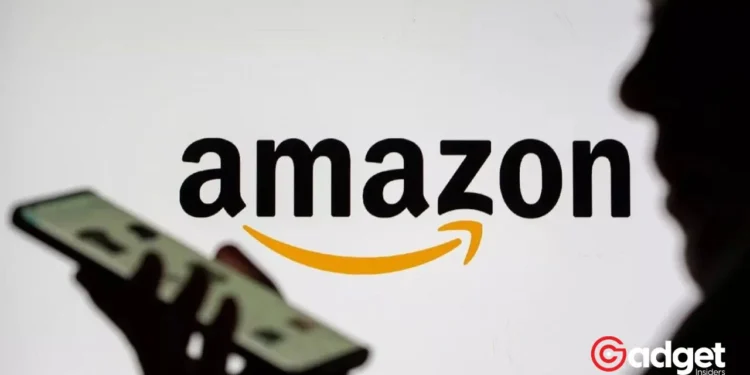In the vast, interconnected world of retail, an insidious challenge has emerged, casting a shadow over the thriving marketplace giants like Amazon. Retail refund fraud, a sophisticated deception that leeches billions from the industry every year, has retailers worldwide on high alert. With cases like the police response to a theft at an Amazon warehouse in Chattanooga, Tennessee, on May 4, 2023, the battle lines are drawn.
Refund fraud at Amazon, a complex scheme that exploits lenient return policies and manipulates employee cooperation, has burgeoned into a pressing concern. CNBC’s report on the incident sheds light on how refund fraud syndicates, such as the notorious Rekk, orchestrate these deceptions.
Utilizing social media platforms to recruit insiders, these organizations perpetuate a cycle of fraud that drains resources and undermines the trust within the retail sector.

Inside the Fraudulent Schemes
Retail fraud acts as a virus, infiltrating businesses and corroding their systems from within. Once it finds a foothold, it wreaks havoc, diminishing inventory and diluting profits. The mechanics of Amazon and other retail company’s refund fraud are as varied as they are deceptive.
Impersonating customers, falsifying returns, and manipulating retailer goodwill, fraudsters have finessed their way into unearned refunds for products that, quite frankly, never leave their hands.
The collateral damage? Employees, lured by the promise of quick gains, become complicit in these schemes, accepting bribes and kickbacks to turn a blind eye or actively facilitate these transactions. This complicity not only exacerbates the financial strain on retailers but also emboldens the fraudsters.
Amazon: The Rise of Refund Fraud Syndicates
Syndicates like Rekk don’t operate in the shadows. Instead, they flaunt their “services” across encrypted messaging apps, boasting thousands of followers and actively recruiting new members. Their modus operandi? A calculated manipulation of return processes and the orchestration of false claims that bleed retailers dry.

Amazon: Addressing the Challenge Head-on
In response, the retail industry, spearheaded by giants such as Amazon, is fortifying its defenses. Legal battles against fraud rings and the tightening of return policies are just the tip of the iceberg. Leveraging technology for fraud detection and fostering collaborations with law enforcement, retailers are determined to dismantle these syndicates.
Yet, the challenge is monumental. With over $101 billion lost to retail fraud, as reported by the National Retail Federation and Appriss Retail, the stakes have never been higher.
Refund fraud schemes promoted on TikTok are costing Amazon, other retailers billions @CNBC Scammers are the scum of the earth ! 🌍 https://t.co/HGFGwdyBn2
— Tyrone H. Muhammad (@TyroneMyEcon) March 14, 2024
Social Media: The Double-Edged Sword
Platforms like TikTok, Reddit, and Telegram have become unwitting accomplices in the spread of refund fraud. These social networks, while connecting the world, also serve as fertile ground for fraudsters to share their schemes, recruit new members, and promote their illicit services.
Despite efforts to moderate these activities, the persistence of fraudulent content underscores the need for a united front. Collaboration between social media platforms, law enforcement, and retailers is crucial to stem the tide of refund fraud.

Amazon: The Battle Against Refund Fraud
Retailers are not standing idle. From enhancing fraud detection systems to conducting employee training and pursuing legal action against perpetrators, the fight against refund fraud is multifaceted. The goal is clear: to protect the business and its customers from the clutches of fraudsters.
As the retail industry continues to evolve, so too does the nature of the threats it faces. Refund fraud is but one of the many challenges that test the resilience and adaptability of retailers.
Yet, through collaboration, innovation, and a steadfast commitment to justice, the industry is poised to overcome this obstacle, safeguarding its future and the trust of its customers.










